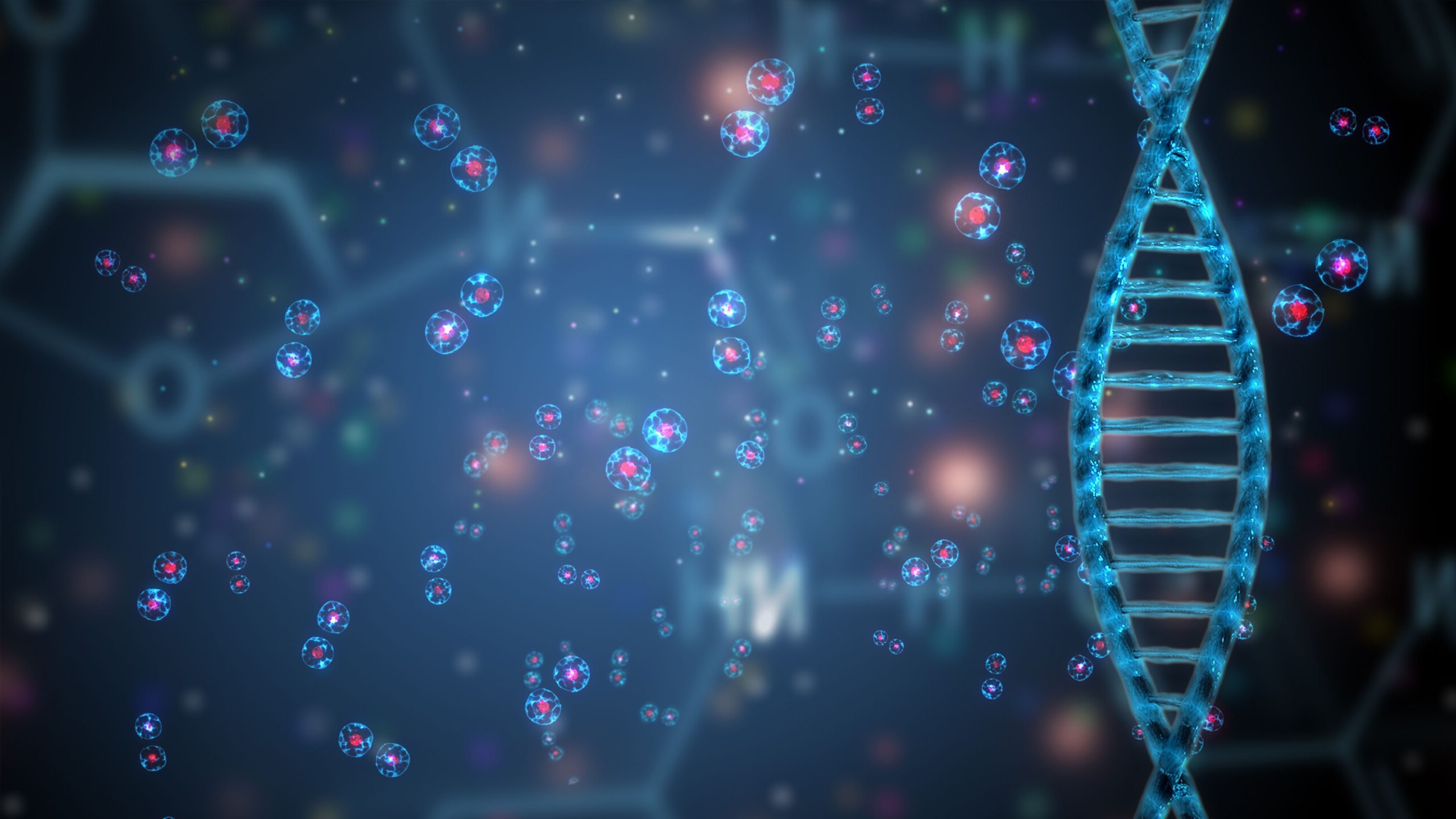
What are free radicals? Free radicals are unstable molecules that can damage cells, leading to aging and diseases. These molecules form when atoms or molecules gain or lose electrons, resulting in unpaired electrons. Why should you care? Because free radicals can harm your body, understanding them helps in making healthier choices. Where do they come from? They originate from various sources like pollution, radiation, cigarette smoke, and even your body's natural processes. How can you fight them? Antioxidants, found in fruits and vegetables, neutralize free radicals, protecting your cells. Want to know more? Keep reading to uncover 20 fascinating facts about these tiny troublemakers and how to keep them in check.
What Are Free Radicals?
Free radicals are unstable molecules that can cause damage to cells, leading to various health issues. They are often linked to aging and diseases. Let's dive into some fascinating facts about these tiny troublemakers.
-
Free radicals are missing an electron. This makes them highly reactive as they seek to steal electrons from other molecules, causing damage in the process.
-
They are a natural byproduct of metabolism. Your body produces free radicals during normal metabolic processes, such as converting food into energy.
-
External factors can increase free radical production. Pollution, cigarette smoke, radiation, and certain chemicals can boost the number of free radicals in your body.
The Role of Free Radicals in Aging
Free radicals are often associated with the aging process. They can damage cells and tissues, leading to visible signs of aging and age-related diseases.
-
Oxidative stress is a key player. When free radicals outnumber antioxidants, oxidative stress occurs, accelerating aging and contributing to diseases like Alzheimer's.
-
Skin aging is linked to free radicals. Exposure to UV rays increases free radical production, leading to wrinkles, fine lines, and age spots.
-
Antioxidants can combat free radicals. Vitamins C and E, beta-carotene, and other antioxidants neutralize free radicals, reducing their harmful effects.
Free Radicals and Diseases
Free radicals are not just about aging; they play a significant role in various diseases. Understanding their impact can help in managing and preventing these conditions.
-
Cancer development involves free radicals. They can damage DNA, leading to mutations that may result in cancer.
-
Heart disease is linked to oxidative stress. Free radicals can oxidize LDL cholesterol, contributing to plaque buildup in arteries.
-
Diabetes complications are influenced by free radicals. High blood sugar levels can increase free radical production, leading to complications like neuropathy and retinopathy.
Sources of Free Radicals
Knowing where free radicals come from can help you take steps to minimize exposure and protect your health.
-
Processed foods can increase free radicals. Foods high in sugar and unhealthy fats can boost free radical production.
-
Alcohol consumption contributes to free radicals. Drinking alcohol can lead to oxidative stress and liver damage.
-
Exercise produces free radicals. While exercise is beneficial, intense physical activity can temporarily increase free radical levels.
How to Reduce Free Radicals
Reducing free radicals in your body can improve overall health and reduce the risk of chronic diseases. Here are some effective strategies.
-
Eat a diet rich in antioxidants. Fruits, vegetables, nuts, and seeds are excellent sources of antioxidants that neutralize free radicals.
-
Avoid smoking and limit alcohol. Both smoking and excessive alcohol consumption can significantly increase free radical production.
-
Use sunscreen to protect your skin. Sunscreen can reduce UV-induced free radical production, protecting your skin from damage.
Interesting Facts About Free Radicals
Free radicals are more than just harmful molecules; they have some intriguing aspects worth knowing.
-
Free radicals are involved in immune response. They help your body fight off infections by attacking pathogens.
-
They play a role in cell signaling. Free radicals can act as signaling molecules, helping cells communicate and respond to changes.
-
Free radicals are used in medical treatments. Certain therapies, like radiation therapy for cancer, use free radicals to target and kill cancer cells.
-
Your body has natural defenses. Enzymes like superoxide dismutase and catalase help neutralize free radicals.
-
Balance is key. While free radicals can be harmful, they are also essential for some bodily functions. Maintaining a balance between free radicals and antioxidants is crucial for health.
The Final Word on Free Radicals
Free radicals, those tiny molecules with unpaired electrons, play a big role in our health. They can cause damage to cells, leading to aging and diseases. But, they’re not all bad. Our bodies use them to fight off infections. Balancing antioxidants and free radicals is key. Antioxidants, found in fruits and veggies, help neutralize free radicals. Too many free radicals, though, can lead to oxidative stress. This stress is linked to conditions like cancer, heart disease, and Alzheimer’s. Lifestyle choices, like smoking and poor diet, can increase free radicals. On the flip side, a healthy diet and regular exercise can help keep them in check. Understanding free radicals helps us make better choices for our health. So, eat those berries, stay active, and keep your body’s balance in mind.
Was this page helpful?
Our commitment to delivering trustworthy and engaging content is at the heart of what we do. Each fact on our site is contributed by real users like you, bringing a wealth of diverse insights and information. To ensure the highest standards of accuracy and reliability, our dedicated editors meticulously review each submission. This process guarantees that the facts we share are not only fascinating but also credible. Trust in our commitment to quality and authenticity as you explore and learn with us.


